THE GROW BAG
Why Purpose & Goals?
My deepest beliefs are rooted in the conviction that human existence is the improbable consequence of a single, almost unimaginable event: the merging of two cell types around 2.2 billion years ago, which created the first eukaryotic cell.
From that starting point, I do not believe we were “created” for a reason or to achieve a predetermined outcome. Rather, we are the product of an event with an infinitesimally small probability of occurring—an event that set in motion the emergence of all our brilliance and complexity. We must also accept the sobering possibility that this may have happened nowhere else in the universe. That, in itself, makes us remarkable.
Some of us are driven to understand this complexity: how our organism has evolved, why we act as we do, and how we might harness our capacities not only for our own benefit but also for the countless other organisms that share this evolutionary legacy. Psychology is one vehicle for that exploration. It offers a lens through which to study humanity—and, at times, other species—in an effort to grasp and predict the how, why, and what of our thinking, feeling, and behaviour.
Given the fortunate, accidental nature of our beginnings, one of the most profound activities available to us is to reflect on our purpose and goals within the short lives we are given. In my worldview, existence as a specific human individual comes with no intrinsic purpose and no pre-set goals. Scientific fields such as genetics, biology, chemistry, sociology, and psychology suggest that while we enter life with some “pre-configuration”—shaped by genetic inheritance and prenatal experience—our trajectory is deeply influenced by the environment into which we are born.
We are moulded by the people who raise us, the societies we inhabit, the schools we attend—or do not—the lessons we absorb, the beliefs we are taught, the relationships we build, and the choices we make. These myriad forces interact in complex ways to shape the person we become at any given moment.
If we are fortunate, these influences align early in life, helping us establish a sense of purpose and direction. That purpose may itself be open-ended—choosing not to commit to a single path can still be a deliberate stance. Yet many of us arrive at later stages of life feeling we had no grand plan, drifting instead from one circumstance to the next, “tacking” like a boat blown along by shifting winds.
I see no right or wrong way to live. But I have noticed that people who describe their lives as satisfying often point to a guiding sense of purpose and goals—flexible rather than fixed, but present nonetheless. This sense of direction, even if only loosely held, seems to bring coherence to their experience. Conversely, many others—at least within my limited, white, male, Western, and privileged perspective—reach midlife or beyond only to realise that their chosen path has not led to fulfilment.
My contention is that fulfilment is more likely when we feel ownership over our lives: when we can claim our choices and even take responsibility for our responses in situations beyond our control. Viktor Frankl expressed this powerfully in _Man’s Search for Meaning_: while we cannot choose what happens to us, we can choose how we respond.
The evidence suggests that life feels more positive when we cultivate this sense of ownership—when we perceive ourselves as active agents in shaping our thoughts, feelings, and behaviours, rather than passive recipients of circumstance. One way to achieve this is to clarify our purpose and goals. These need not be rigid or immutable; their value lies in providing us with orientation, a sense of agency, and a framework for determining what matters most in the time we have.
Start your growth journey with us…
Book a FREE exploratory call to see how Glasshouse can help you







